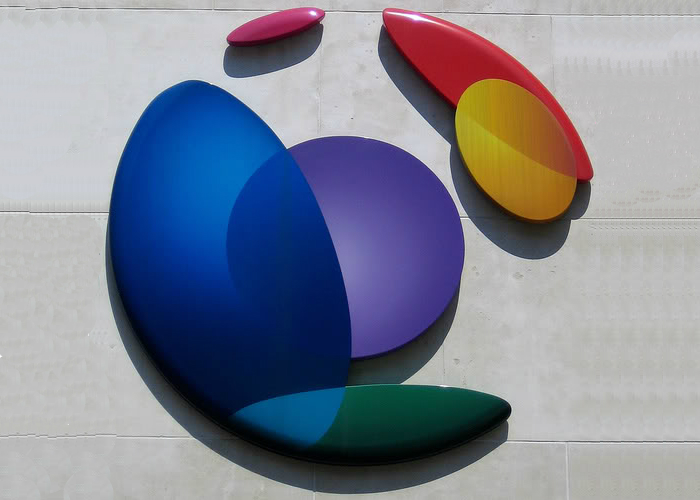

BT Group has revealed a notable development in its sustainable power ambitions, with the first mobile or cell tower powered by wind and solar, and other renewable energy sources.
Indeed, BT told Silicon UK that the site, located in the Shropshire Hills, will have 100 percent of it’s power requirements delivered by renewable energy sources – 70 percent of which generated by on-site solar and wind.
In order to run its nationwide network, BT is a huge power consumer in the UK, but for over a decade now has been working hard to offset its carbon footprint. As far back as 2010 for example, BT had pledged a 80 percent carbon cut by 2020.
A year later in 2011, BT extended its pledge to reduce its carbon emissions across all operations by demanding that its suppliers have similar carbon reduction agreements.
Then in 2020, BT announced it had completed the switch to 100 percent renewable electricity worldwide and pledged to transition the majority of its 33,000 strong commercial fleet to electric or zero carbon emissions vehicles by 2030.
In September 2021 BT brought forward the date it would curb its own carbon emissions by an additional fifteen years, after a UN climate report had warned that global heating was irreversible.
BT stated at the time that it would bring forward its net zero target from 2045 to 2030 for its own operational emissions, and 2040 for its supply chain and customer emissions. The group now has an ambition to become a net zero business by 2031.
BT has previously said its commitment to reducing its carbon intensity will help the UK Government meet its target of net zero emissions by 2050.
Now BT has told Silicon UK that it has now switched on its very first self-powering mobile site, energised by solar and wind, in rural Shropshire.
This site, located in the Shropshire Hills, is expected to deliver approximately 17,000kWh of wind and solar energy per year, the equivalent of 100,000 hot showers, as well as approximately £10,000 of cost savings.
The site has 100 percent of it’s power requirements that will be delivered by renewable energy sources, 70 percent of which generated by on-site solar panels and wind turbine.
The site was apparently identified through an environmental assessment which calculated its viability for renewable power. Power is generated through a combination of solar and wind energy which is then used to charge the batteries which power the on-site mast.
In the event of there being insufficient renewable energy source available and the battery power being fully discharged, a generator powered by Hydrotreated Vegetable Oil (HVO) fuel acts to simultaneously provide back-up power to the mast and charge to the batteries, ensuring the site continues to deliver connectivity to customers.
HVO is itself classed as a green fuel, produced as it is from a variety of waste and residual oils.
The cell provides sustainable 4G and 5G connectivity to EE customers living, working and travelling in the area
BT said this first site will serve as a trial, and said it already identified hundreds of additional locations which have the potential to derive much of their power from on-site renewable sources, in particular in coastal or hilly locations.
“Delivering ubiquitous coverage is critically important in an age where connectivity has never been so central to everyday life, but it absolutely must be done in a responsible and sustainable manner,” said Greg McCall, Chief Networks Officer at BT Group.
“It’s paramount that we increase the energy-efficiency of our networks, and so we’re really excited about the potential of self-powering sites in enabling us to meet both our sustainability and connectivity ambitions,” McCall concluded.
BT is not the first to use a combination of solar and wind power for cell towers.
In 2010 for example Alcatel Lucent offered developing countries a mobile phone base station that combined solar cells and a wind turbine to reduce its cost and environmental impact.
British retailer Marks & Spencer apologises after it struggles to recover from cyberattack this week,…
Apple to pivot manufacturing of iPhones for US away from China and to India, after…
Boom time. Amid ongoing cost cutting and potential break-up threat, Alphabet profits surge as AI…
AI pioneer OpenAI is interested if Google is forced to sell of its Chrome browser…
Several units within Google notified remote workers jobs will be in jeopardy if they don't…
Leading holders of Trump meme coin receive invitation to private gala dinner with US President,…